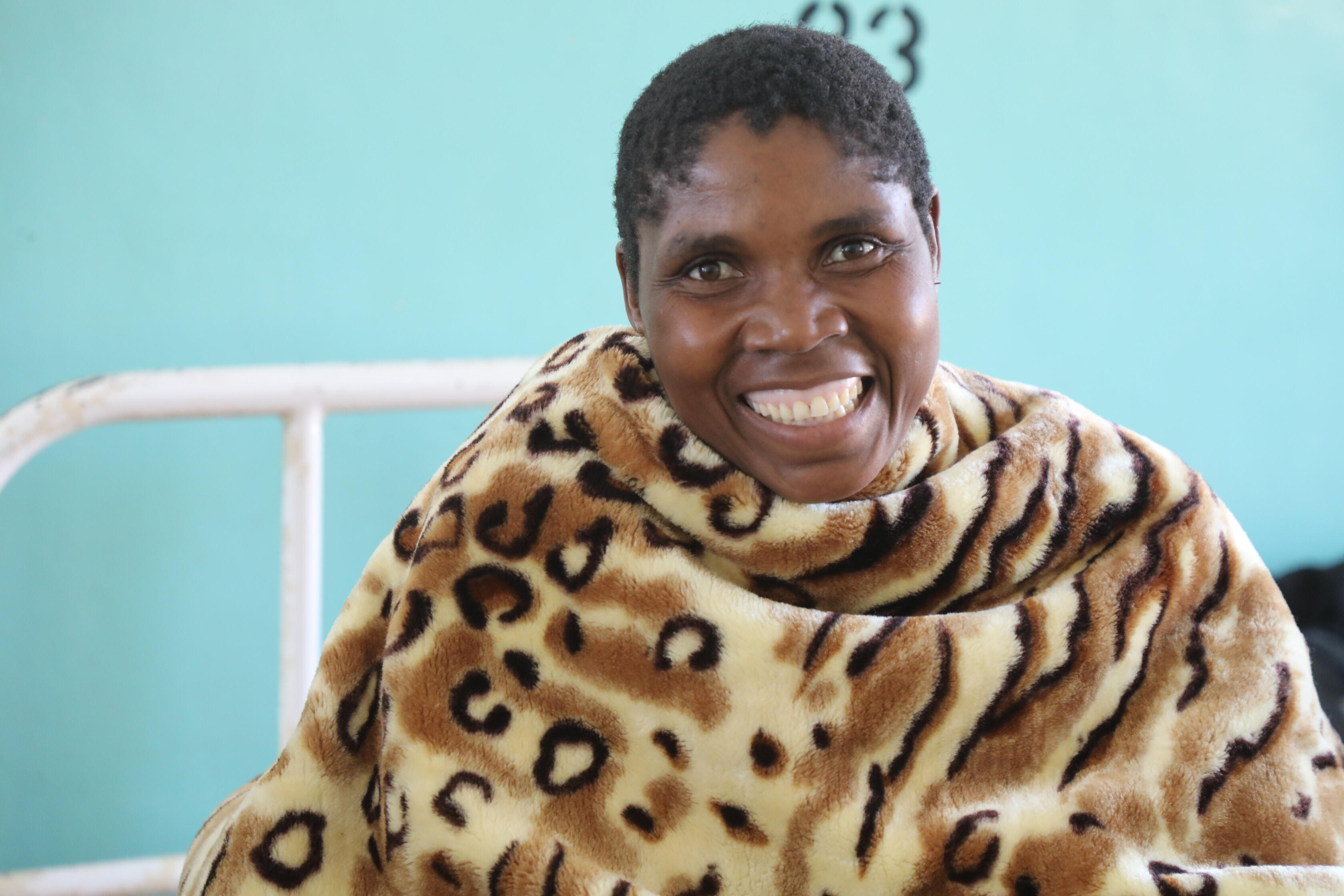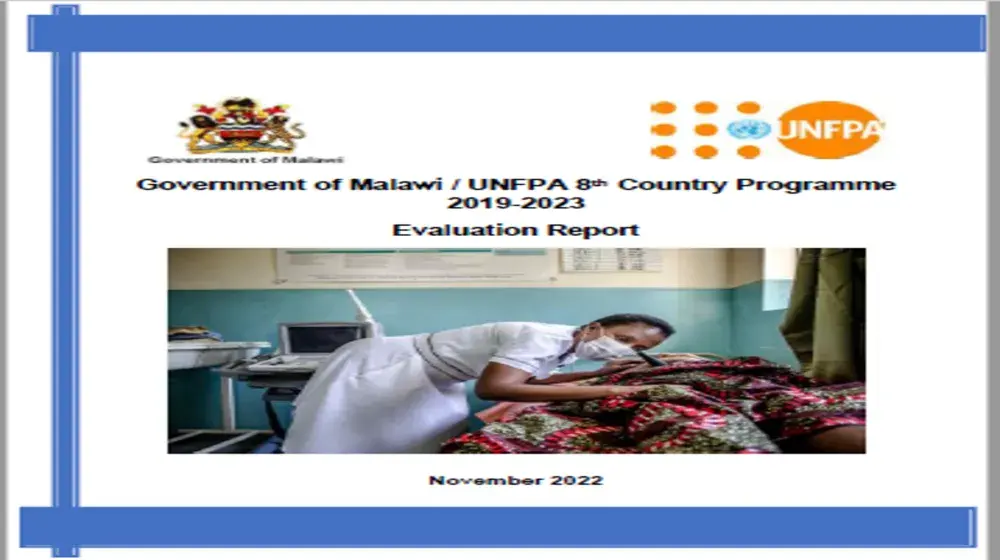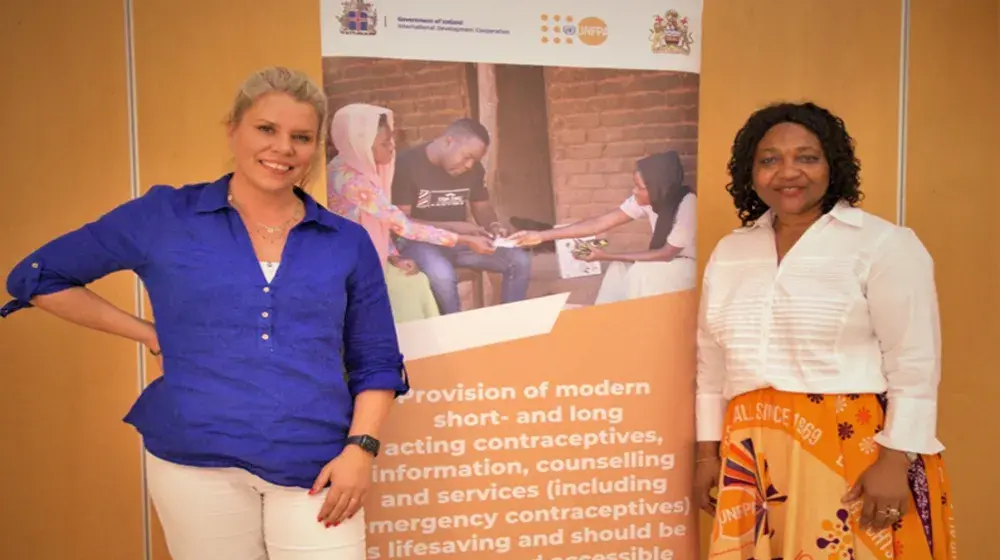Isabella Yatima, a patient at Mangochi District Hospital waited with bated breath for the results of a medical operation performed on her, and hoped for the best results from the procedure. The thirty-six-year-old, mother of five, is an obstetric fistula patient.
Living with fistula
Isabella has been living in the neighboring Mozambique, where her husband works. This is where she developed fistula after going through a prolonged labour, which left her with a hole in her bladder making her to leak urine.
Since being operated on, Isabella has been using a tube to empty her bladder. However, on this day, the doctor on call, informed her that it was time to have the pipe removed.
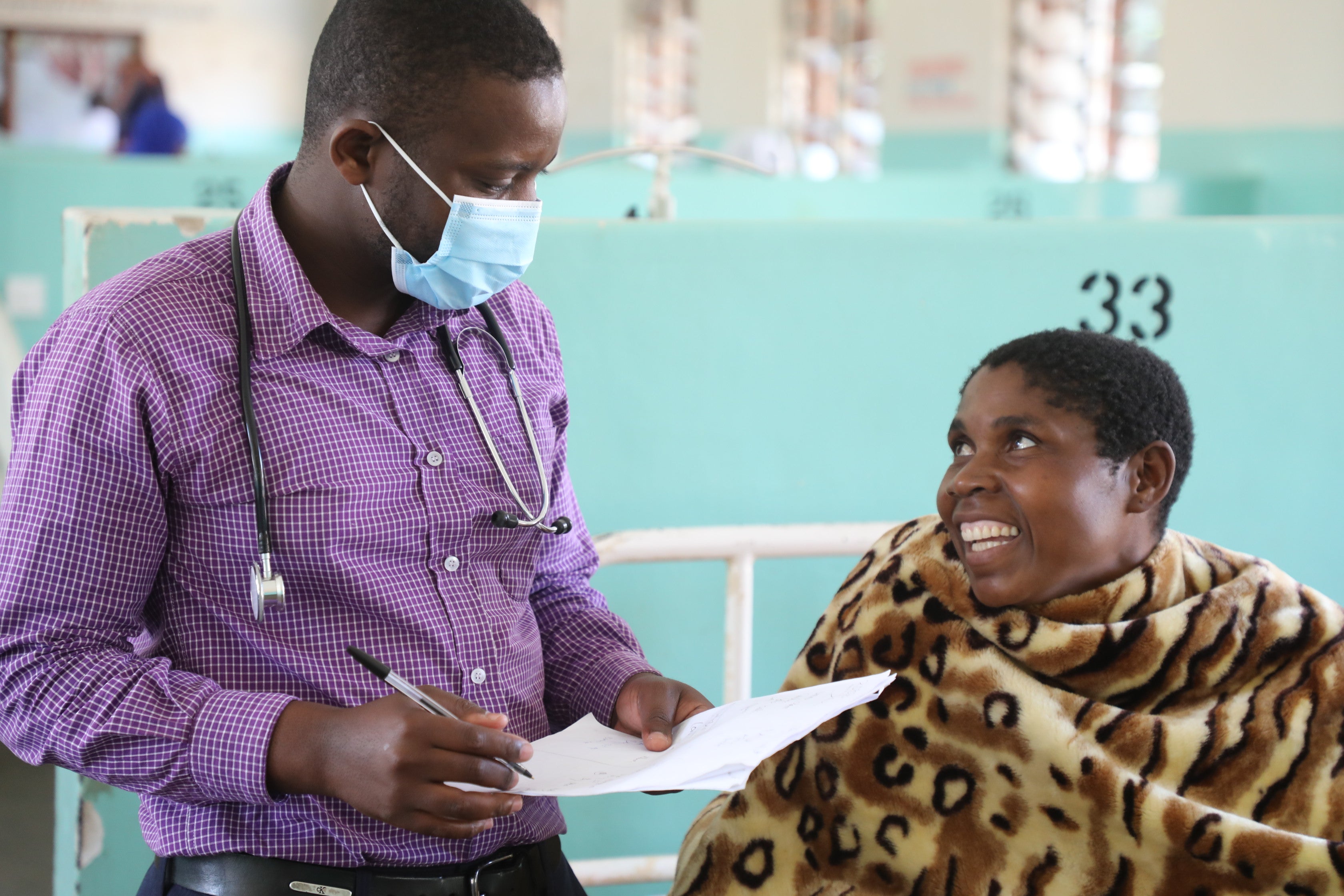
“My heart skipped a bit,” says Isabella recalling the tense moment. “I knew if doctor ordered the pipe to be removed, then I should be healed.”
After the tube removal procedure, goes went back to her bed. Minutes later, she hesitantly felt her bed with the back of her hand. The sheets were dry, meaning she was no longer wetting herself.
Joy of a successful fistula operation
In disbelief, Isabella screamed with joy.
“I felt like a burden has been lifted from my shoulders,” said Isabella as other patients came around to congratulate her.
The journey to this happy ending has been shrouded with many challenges. At one point, Isabella state of mind became a concern to her relatives. And this was how she found herself back home to Malawi.
“I tried seeking help from famed traditional doctors from my community but to no avail,” recalls Isabella.
The condition, the endless concoctions and the social stigma had left her drained and resigned to fate. She didn’t trust that anyone, let alone a hospital could cure her from fistula.
Her mother in-law, Patuma Jemusi says it took her a lot of convincing to bring her back home for treatment: “She didn’t even want to come out of the house. But when we told her about how other women in our community were helped, she finally agreed to come.”
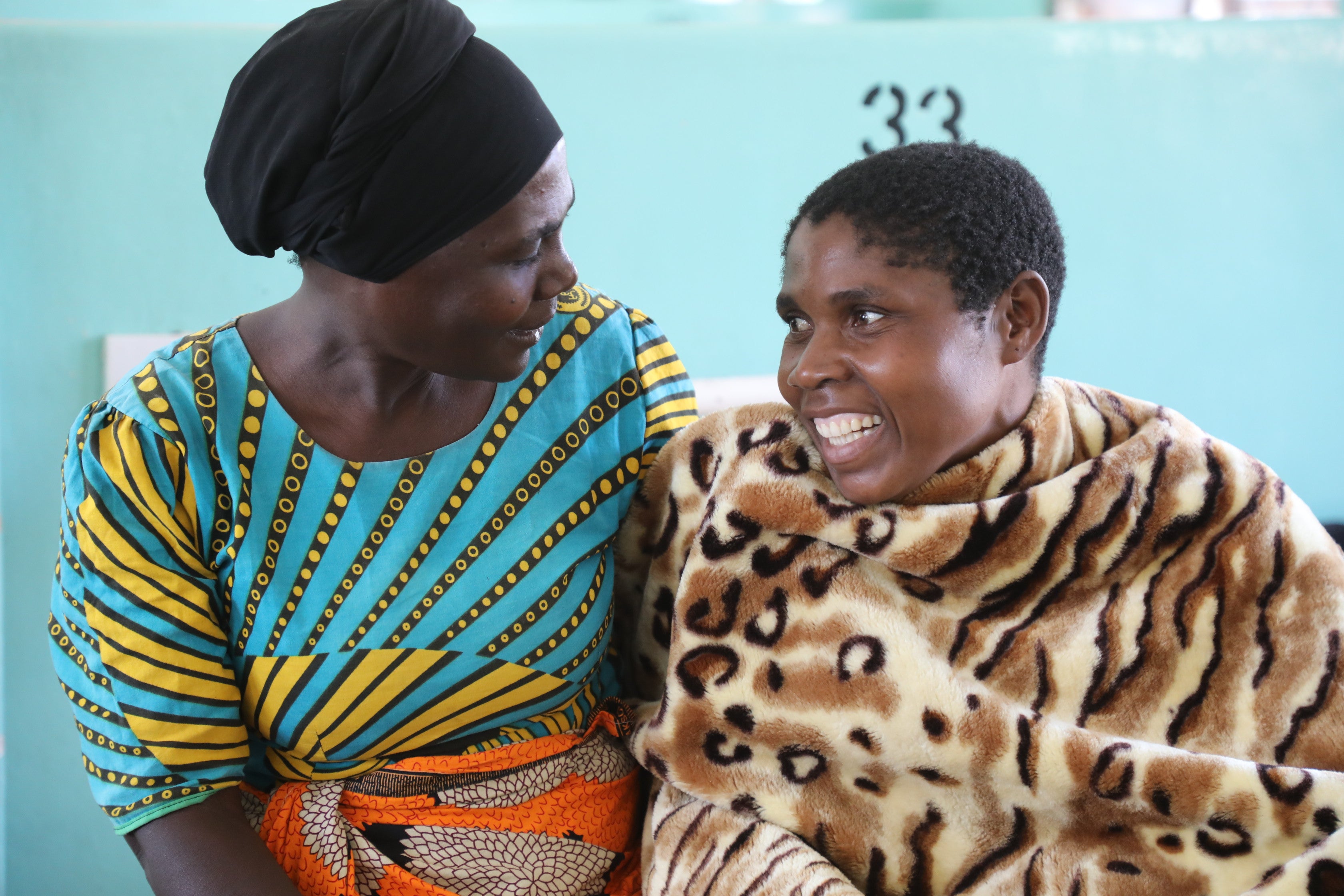
In a few days, Isabella will be leaving the hospital, healed and free from fistula. So will her hospital room mate 18-year-old Sau Mponda, another fistula survivor. Sawu had a successful operation to repair a torn bladder she incurred during child birth in February.
“I am looking forward to go home,” says Sawu. “I miss my child and socializing with my friends.”
Hope for fistula patients in Mangochi
So far, Mangochi District Hospital has successfully operated on four women suffering fistula. With support from UNFPA and funding from Iceland, the district hospital plans to surgically repair 50 women who are living with fistula this year.
“With support from Iceland, we have also supported Mangochi Council to train 60 fistula ambassadors and bought them bicycles to ease transportation as they help to advocate and actively identify women with fistula,” says Robert Chasweka, UNFPA Project Facilitator for Sexual Reproductive Health in Mangochi.
By Joseph Scott, Communications Analyst

